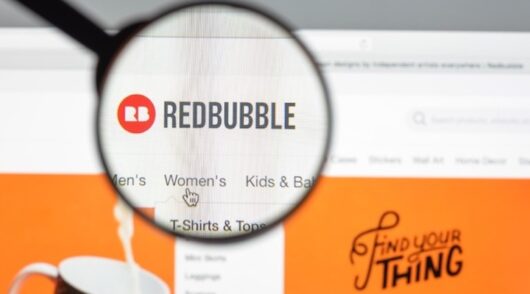
Fashion Revolution has crowned H&M the most transparent fashion business in the world in 2019, scoring 73 per cent of a possible 250 points in its annual Fashion Transparency Index.
The index ranks the world’s largest fashion brands according to how much they disclose about their social and environmental policies, practices and impacts across a number of topics, including animal welfare, forced labour, gender equality, living wages, waste and recycling, and more.
Following H&M was C&A at 70 per cent, and Adidas and Reebok at 69 per cent each. The average overall score across the 198 brands reviewed landed at 25 per cent, 3 percentage points higher than 2019.
However, an ongoing issue remains that brands tend to disclose more about the policies in a vacuum, and not touch on how these policies are put into action and detailing outcomes, results and progress.
And the types of information that is used on brand websites and documents are generally repeated and slightly altered for each document or page, generally with no substantive difference in what is said.
“Some brands use a large amount of filler words and fluffy explanations and details that obscure what information or data is actually relevant and useful for external stakeholders. We’ve even found instances of conflicting facts and statistics,” Fashion Revolution wrote.
“It can be counterproductive to transparency and accountability. Not everyone has the hours and days it can sometimes take to decipher what brands are actually disclosing and how to use this information in an effective way.”
What are the next steps for fashion?
After ranking 220 of the biggest fashion brands in the world, Fashion Revolution laid out actions to be taken in the industry over the next 12 months to improve transparency further.
Firstly, brands should publicly disclose their suppliers beginning with the first tier, but should continue all the way down to the raw material level.
Secondly, honoring contracts and paying suppliers through the COVID-19 crisis will help keep supply chain workers employed and supported.
There should also be more information published about brands’ environmental impacts, including the amount of carbon emissions, water consumption, pollution and waste created, as well as what is being done to address these concerns.
And, finally, Fashion Revolution urges brands to answer customer questions on social media or email with practical information, not just with policy information and brand principles. This way, customers can join brands on their sustainability journeys and help to hold them accountable.
“Transparency is the first step towards a different culture, one where brands become open and accountable, and customers are ready to become vigilant and ask, ‘who made my clothes?’,” said Fashion Revolution co-founder Orsola de Castro.





